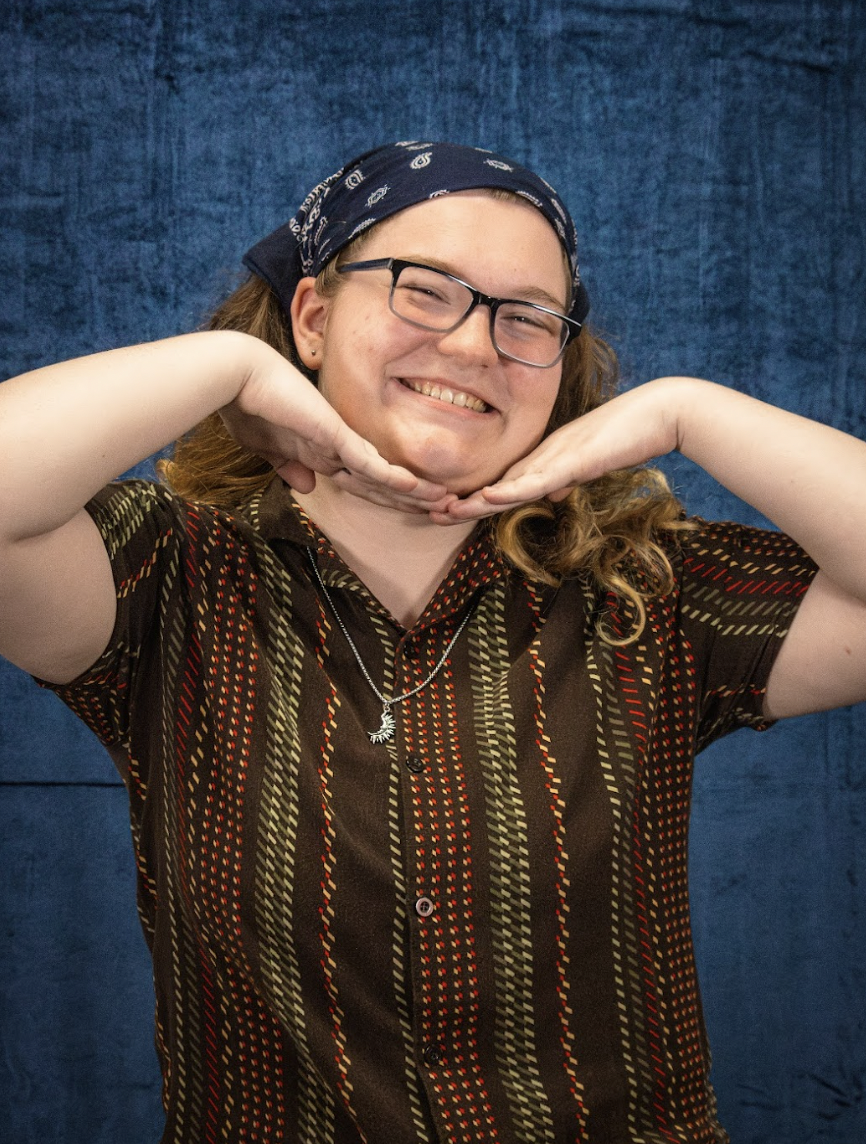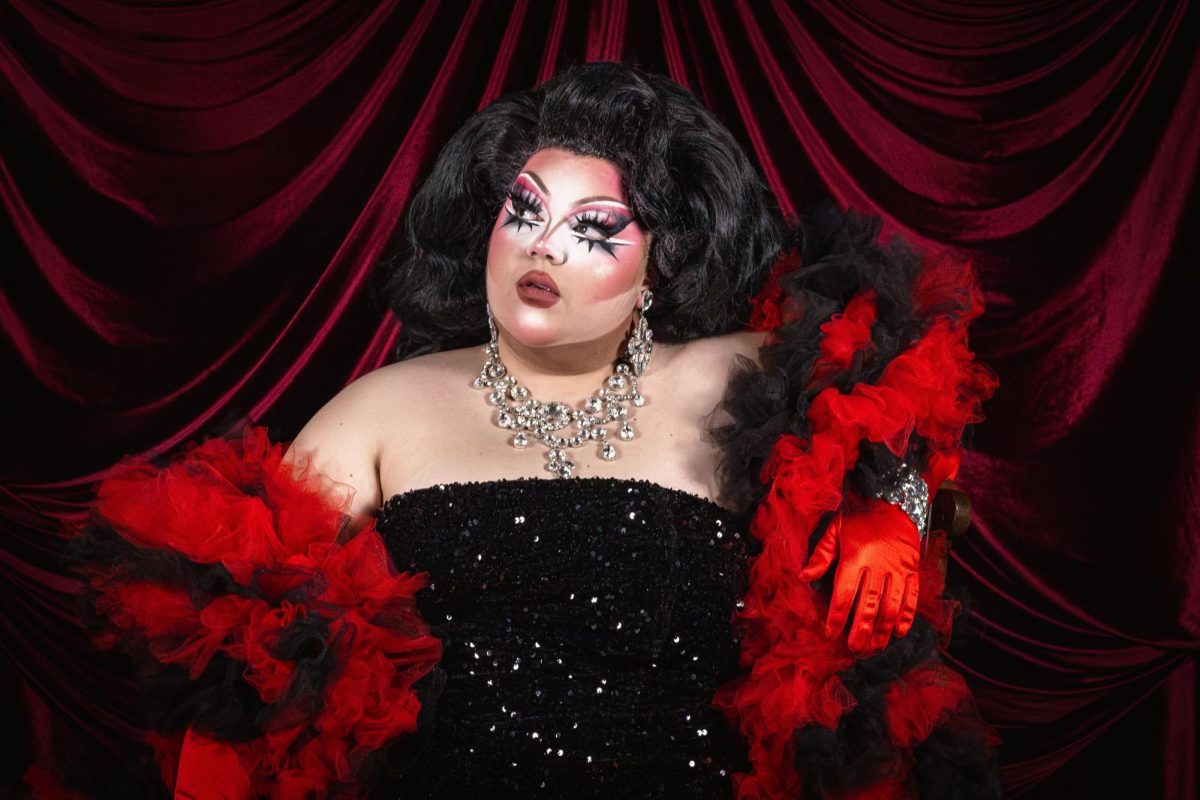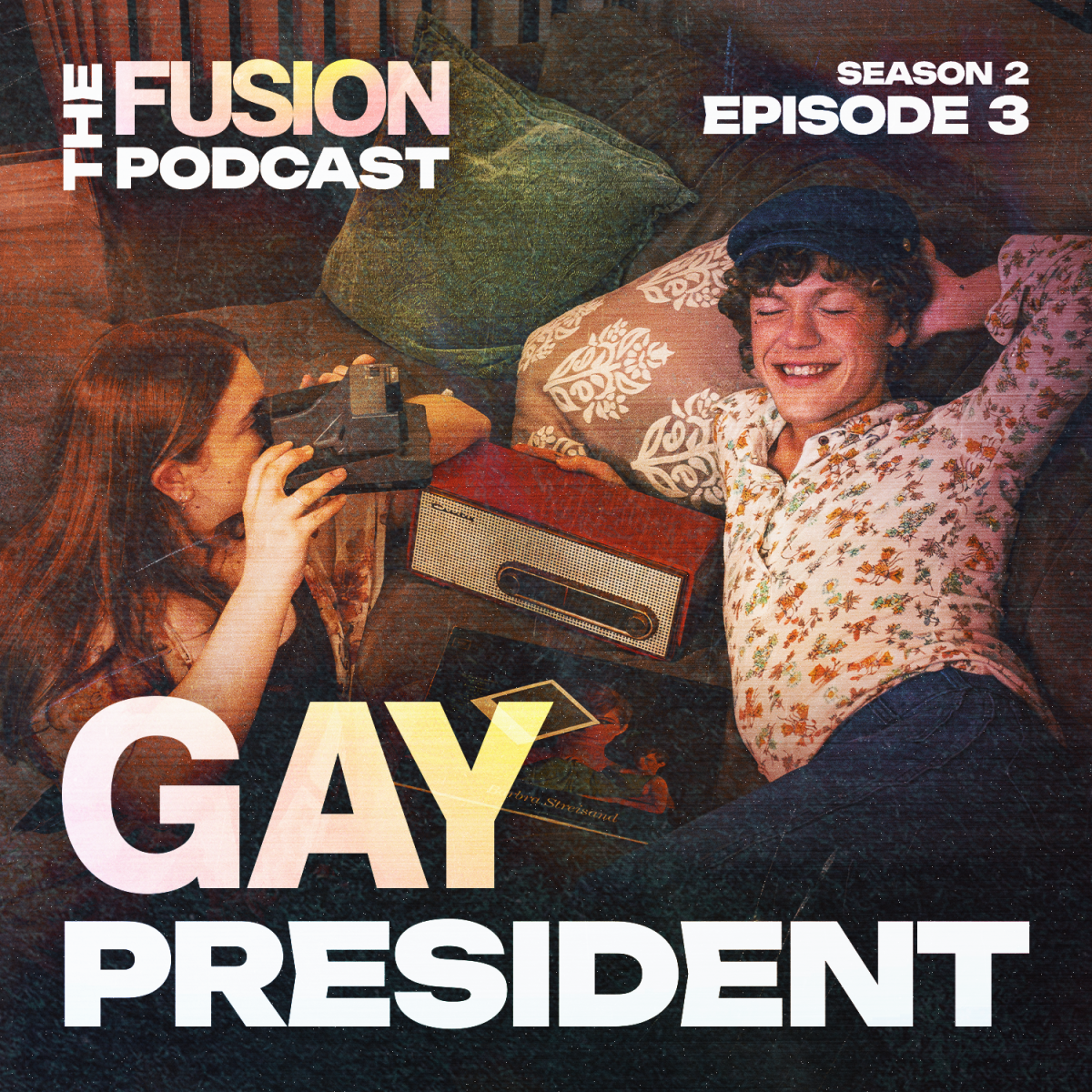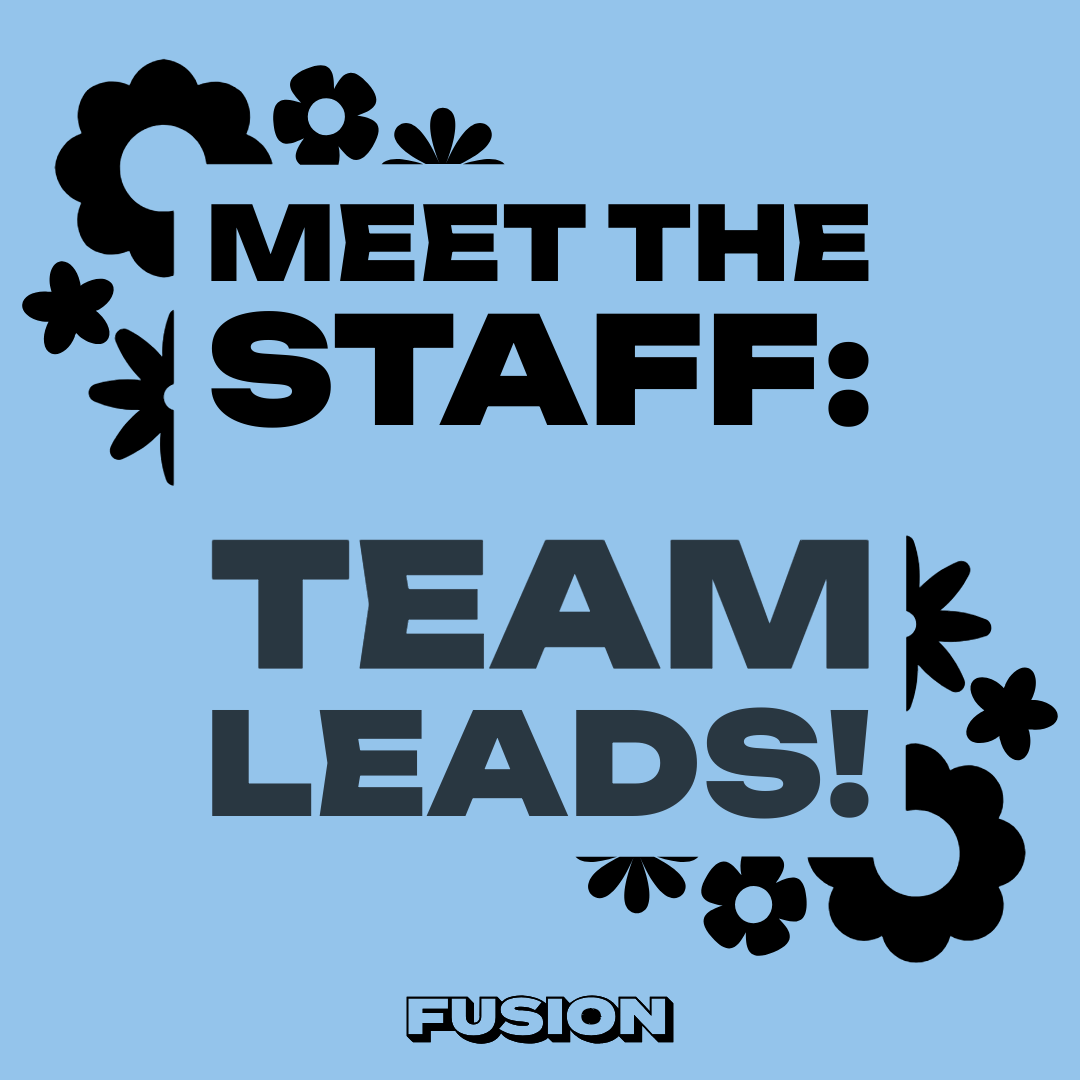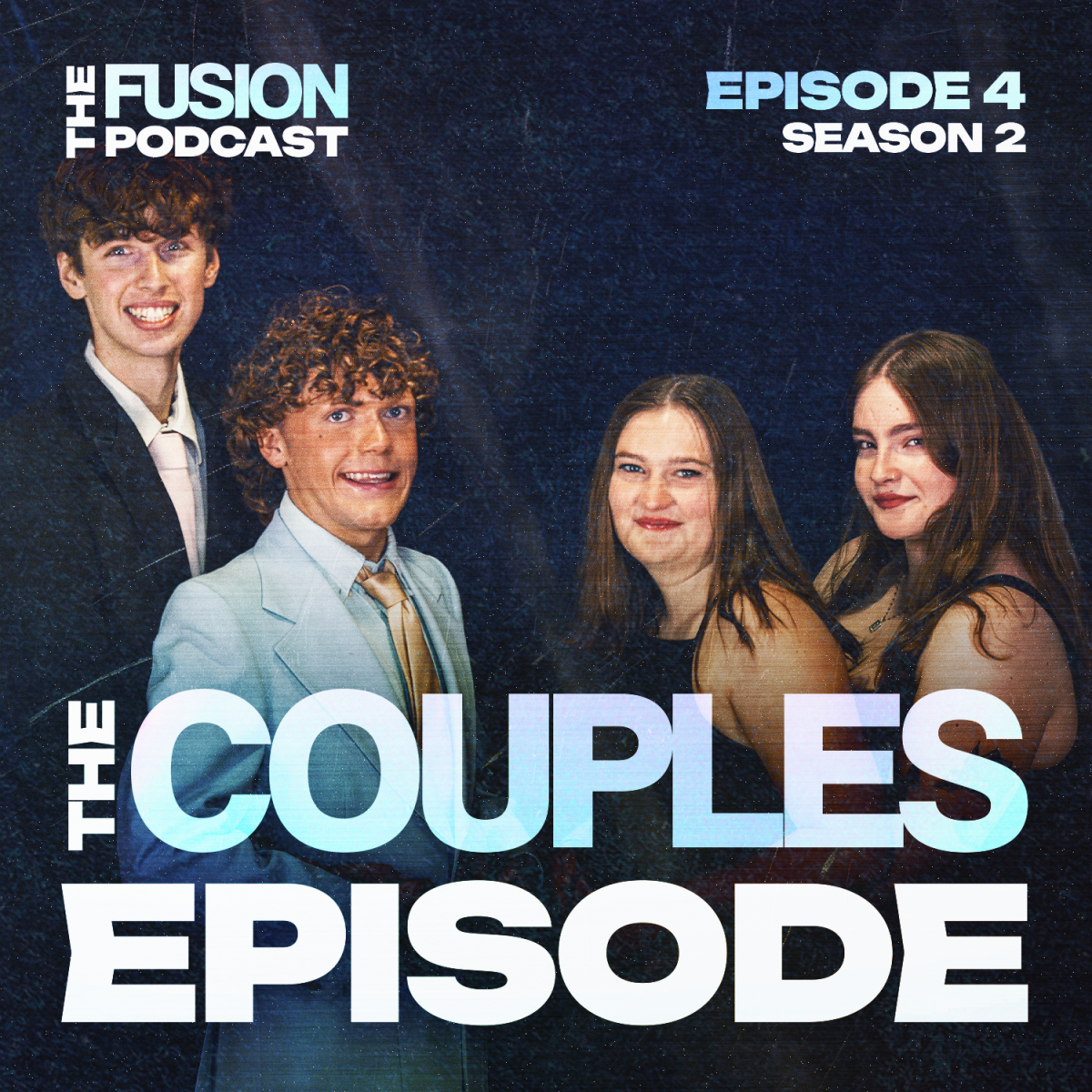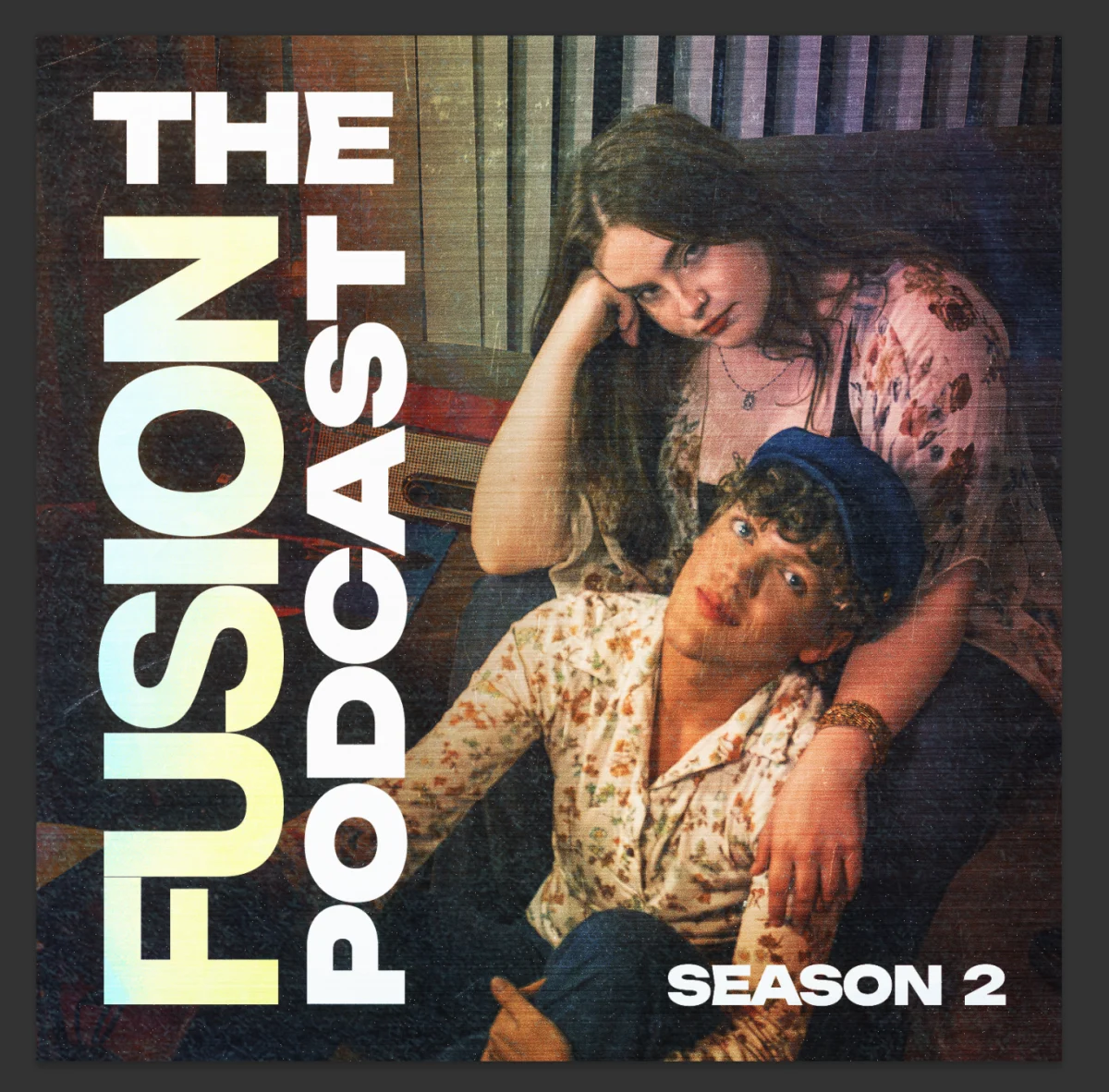A man walks in with coiffed hair, skinny jeans, a fur-lined jacket and a bunch of sassy friends.
He must be gay, right?
Not really. It’s not uncommon to mistake someone else as the wrong sexual orientation.
It becomes a problem, however, when that mistake turns into a vicious label.
Labels and false assumptions are something these four Kent State students often tackle.
Michael

Michael Green, a recent graduate of Kent State Stark, was raised by his mother and sisters. Being raised by women, Michael grew accustomed to listening to complaints about husbands, boyfriends and men in general. He said this input taught him how to treat
women well.
“I had strong female role models,” Michael said, adding that his mom filled both parental roles in his household. “A lot of femininity rubbed off on me because of that.”
Michael said gay people are the worst perpetrators of misconstruing his sexual orientation. One gay man actually tried to convince all of his friends that Michael was gay. The man argued that no straight guy would love and care for cats as much as Michael does.
“I guess all straight people hate animals or something?” Michael said, who has two cats at home.
Despite setting the record straight, the man still insists that Michael is gay and just hasn’t come out of the closet yet.
Michael was married for 11 years to his high school sweetheart, and only got divorced recently. When he was still married, he liked to mess with people who didn’t believe he was straight.
“Some people were extremely surprised,” he said, “and I would say, ‘Wow, I just found out that I’m married too! It’s a big surprise.’” Sometimes the convincing got so far that he had to introduce them to his wife.
After Michael divorced, he lost a lot of weight, which he said boosted his confidence quite a bit. With this new sense of self-worth, he started frequently dancing at nightclubs in Akron.
“I like dancing with girls,” Michael said, “and girls don’t like dancing with guys who just bob around. They like dancing with me because I actually dance.” For that reason, Michael has been mistaken for being gay on several occasions.
Michael feels that his style of dress is also a factor in people’s confusion. After losing weight, he started dressing in tighter-fitting clothes.
“I can’t imagine what it is about my wardrobe that makes me seem gay,” Michael said with a laugh, rubbing his faux-fur-lined coat. Being perceived as gay doesn’t bother Michael in the least. He thinks it’s funny when he is introduced as a “gay – straight friend.”
“I’m about this far from being gay,” Michael said, holding his fingers closely together, “…but this far from being attracted to men,” spreading his arms as far apart as they could go. Michael said understanding that about himself makes it easier for him to be open and understanding to not just the gay community but to different aspects of life in general, including race, sexuality and gender. Michael said he is grateful for the experiences he’s faced, though his thought process might be more closed-minded if he hadn’t had the chance to experience what LGBT people face on a daily basis.
Heather

Heather Grunden, a senior early childhood education major, is straight but is sometimes perceived as bisexual because she, like many other young people, questioned her sexuality when she was a teenager. In her teens she fooled around with other girls. After experimenting in college and discovering what she wanted, she realized that she was, indeed, straight.
Grunden also thinks her sexuality may be perceived as “not straight” because of the company she keeps.
“A lot of my friends are gay,” she said. “People mistake me as gay, and my mom questions some stuff now because of what I tell her about my friends.”
Heather’s mom is worried that she may lean towards the gayer side of things because of who she befriends and even worries that Heather’s association with LGBT people may result in her being seen as “one of them.”
Whenever people perceive her as lesbian or bisexual, Heather said she looks back at her experimenting phase. She said in some ways it trivialized the struggles LGBT people face. Heather said she understands how some people can unfairly judge her sexual orientation.
“Hanging out with a lot of gay people is bound to make people question things,” she said. “It’s not like it’s something to be ashamed of. Sometimes I can tell when people are LGBT, but I wait for them to tell me or just leave it alone. It’s not my business to ask.” Heather just wishes that people would offer her the same courtesy.
Emily

Things are a bit different for Emily Vernon. People often ask Emily, a senior biological anthropology major, if she’s gay. She said that part of it is due to how she decorated her old laptop with rainbows and other LGBT support stickers. Emily is by no means a “girly girl.” She said she prefers men’s and gender-neutral clothing most of the time, and she doesn’t wear makeup often. It’s not just friends or strangers who have mistaken Emily as gay — her mom has as well.
“I was at a doctor’s appointment and my mom blurted out ‘I think Emily is a lesbian!’” Emily said.
Emily did have to come out, but not in the usual way. Emily isn’t gay OR straight. Emily identifies as asexual. While asexuality can be very fluid and varies greatly from person to person, Emily’s asexuality is defined by a complete lack of sexual attraction to people of the opposite– or same–sex or gender. The very idea of wanting to have sex is foreign to her. Even so, Emily identifies with the LGBT community. Some people believe that asexuality is a sexual dysfunction, while Emily believes that her lack of attraction is, in and of itself, a sexual orientation.
“I had to come out (as asexual) to my mom, especially
with her outburst at the doctor’s office,” she said.
Even though Emily told her mother that she’s asexual, she wonders if her mom still thinks that she may be attracted to women on an emotional level because of her friends, the way she dresses and her disinterest in men.
Emily said it hurts when people make uneducated assumptions about her sexuality, and at times makes her afraid to come out as asexual at all. When people perceive her as lesbian, she felt coming out as asexual
would be a letdown to them. Emily insists that nothing can be done besides educating people that “sexualities are not a ‘one size fits all’ kind of thing.”
Brian

Sexuality certainly isn’t “one size fits all” for Brian McCoy, a senior music technology major at Kent State Stark.
Although Brian isn’t often mistaken as gay anymore, he recalls being bullied because of his perceived sexuality. During his freshman year at Heidelberg University, Brian was followed to his room by several young men.
“I could tell that they were following me, you know, asking me what was up, asking about the boots I wore earlier that day,” he said.
They taunted Brian about his style, then left for a few hours. At three or four in the morning, four of them pounded at his door and screamed insults about his boots. Brian described the boots as “gay cowboy boots.”
“People didn’t like them at all, and they kind of made me a target I guess,” he said. “But I thought they (the boots) were sweet.”
Brian said people perceived him as gay because of his high pitched voice, sense of style and articulate speech. He said it wasn’t difficult to convince people he was straight in high school. In college, people were worse about it, which seemed counterintuitive to Brian.
“I thought people in college wouldn’t care,” he said. He had to get away from Heidelberg, especially when he feared that the guys who tormented him might go too far and hurt him.
Brian even had problems at work regarding his sexuality. He had to bring his girlfriend to work at Bed, Bath & Beyond to convince his co–workers that he was straight.
“There were even managers questioning it,” he said. “It took almost six months to stop people second-guessing my sexuality.”
Even then, some still assumed that he was bisexual.
“I got sick of people saying all of this untrue stuff about me, and it made me bitter, especially toward very, very straight men,” he said.
Brian said people went out of their way to make him miserable for something that he’s not, and even though he’s changed his style, it’s still a sore subject for him. Brian said his experiences have made him more sensitive to the issues of the LGBT community.
“I’ve grown to appreciate the gay community a lot through all of this,” Brian said. “America is a hard place to grow up as a guy, sometimes, because there’s a certain way that we’re expected to act.”
Brian said he has always been extremely kind to people, regardless of who they are.
“I treated people how I wanted to be treated,” he said. “It kind of backfired.”
Photos by Anthony Vence


